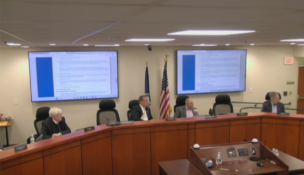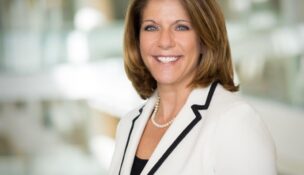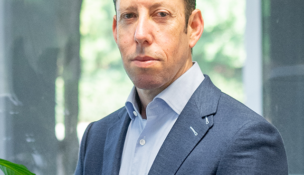VCU poll finds strong support for protecting public-school funding
Virginians are willing to pay more in taxes to support school funding, according to the results of a Virginia Commonwealth University Commonwealth Education Poll released Friday
The poll, conducted annually by the Commonwealth Educational Policy Institute in VCU’s L. Douglas Wilder School of Government and Public Affairs, found more than two-thirds of Virginians (68 percent) said that Virginia schools do not have enough funds to meet their needs, while only 26 percent say schools have enough funding now.
A majority of respondents (70 percent) said they would be willing to pay more in taxes to keep public schools funded at the current level, and 53 percent are willing to pay more so that school funding can be increased. Of those willing to pay more to increase funding for public schools, 44 percent favored a sales tax as the best way to implement a tax increase, while 22 percent preferred an increased income tax.
The General Assembly currently is coping with a revenue shortfall, which already has required budget cuts.
More than three-quarters of respondents (78 percent) said the amount of funding affects the quality of schools a great deal or quite a lot. School employees/retirees (at 60 percent) and parents of public school students (at 59 percent) were more likely to say funding mattered a great deal when compared to nonemployee/retiree (50 percent) and nonparent respondents (49 percent). Likewise, 58 percent of minorities said funding mattered a great deal compared to 48 percent of whites.
Larger proportions of Virginians are willing to pay more in taxes to protect funding for public schools (70 percent) and mental health services (72 percent) than would do so to keep programs for aid to low-income families (56 percent), funding for higher education (48 percent) and transportation (46 percent) at current level. Only about a quarter of state residents (27 percent) are willing to pay more to keep funding for prisons at current levels.
“The gap in relative support between mental health services and public education on one extreme and prisons on the other may well explain why the governor and General Assembly leaders in October cut more than 500 state jobs in the Department of Corrections while sparing K-12 education,” Robyn McDougle, associate professor and interim executive director of the Commonwealth Educational Policy Institute, said in a statement. “While those cuts are no less painful for the people laid off, it appears the decision was aligned with the public’s sense of priorities.”
The Commonwealth Education Poll was conducted by landline and cell telephone from Dec. 27 to Jan. 3, with a random sample of 806 adults in Virginia. The margin of error for the poll is plus or minus 4.1 percentage points.
s

















